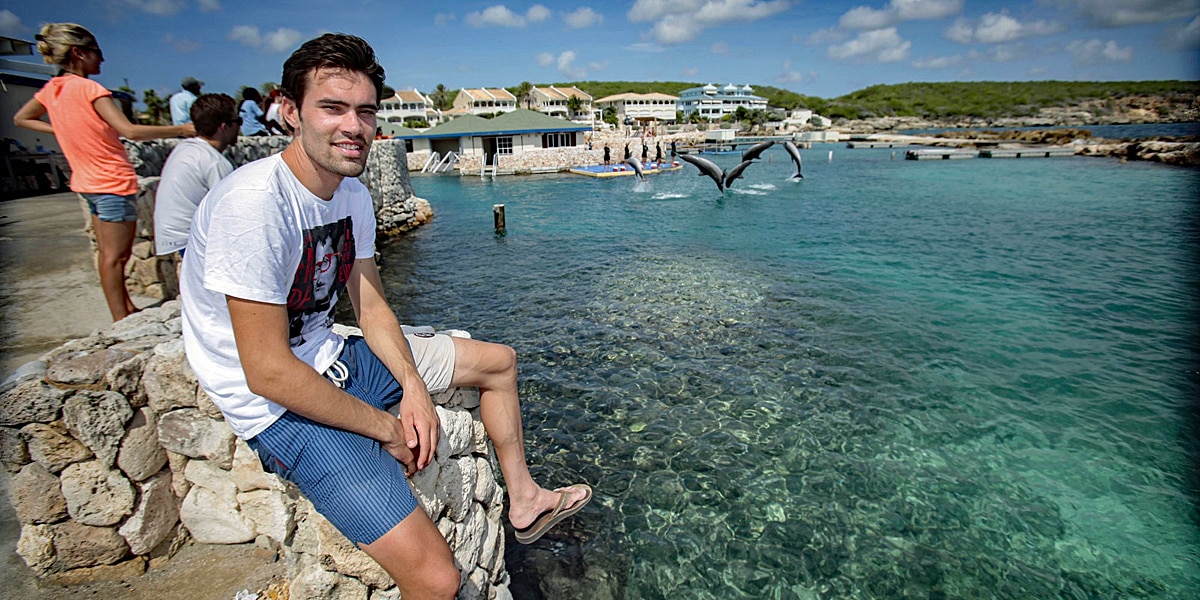
Cycling and exercise often bring physical benefits and mental well-being, but the pursuit of elite performance can come with significant mental health challenges. From legends like Marco Pantani to modern pros like Tom Dumoulin, the intense demands of cycling can trigger or exacerbate mental health struggles. Addressing these issues is vital for a healthier, more sustainable sport.
For most of us, cycling and exercise brings about physical benefits and plain make us feel good. However, the pursuit of elite sports performance can also bring about mental health issues. How might this affect cyclists?

Marco Pantani died young beset by mental health issues
Life on Two Wheels
This past February marked the 20th anniversary of the death of Il Pirata, Marco Pantani. This followed close upon the December 2003 death of El Chava, José Maria Jiminez. Both were gifted climbers who excelled whenever the gradient tilted skywards. Both were also prone to erratic behaviour on and off the bike, and ultimately both died young beset by mental health issues.
Cycling, like all forms of elite sports, places humans into the glaring spotlight of publicity and fame. The old saying holds that “you’re only as good as your last race,” where victory is often set as the default “ho-hum” requirement but where anything less is derided and vilified.
On top of this demand for physical perfection (and with it demands for the cycling aesthetic of super-lean physique with minimal weight and body fat), succeed and fans want to know your every move off the bike.
And we haven’t even talked about team demands and the new world of maintaining a unique and charming social media presence. This potent cocktail of fame has caused many riders to quit a pro career early, such as was the case for Marcel Kittel, Tom Dumoulin, and Taylor Phinney.

Tom Dumoulin – Now in a better place?
Smith et al. 2023
The topic of mental health issues specific to elite cycling was the focus of a review by a Swiss research group (Smith et al. 2023) in the International Journal of Sports Medicine.
One of the first observations made by the authors that should be setting off alarm bells is that the UCI, while it officially recommends mental health screening using the IOC-developed tools, otherwise doesn’t have any official consensus statement nor specific working groups dedicated to this issue.
Also, let’s clear the air that there is a difference between mental health using sport psychology as an intervention to maintain, improve, or optimize performance. Mental health isn’t about setting a new PB, getting on the podium, or snatching a KOM. It’s about actual health and welfare of an individual athlete.
So this review was based on search terms of the most prevalent mental disorders from the World Health Organization, such as “anxiety,” “attention-deficit/hyperactivity disorder,” “depression,” “eating disorder,” etc. Not common sport psychology terms such as “arousal,” “resilience,” “visualization,” etc.
Ultimately, 13 scientific studies were included in this review. What were some of the key results?
Eating Disorders
8/13 papers focused on eating disorders, either its symptoms or factors making an individual susceptible. This was especially an issue for road and track cyclists. Some of the studies found that 73% of participants linked low weight with performance, and also how more than 2/3 of participants in another study had been asked to lose weight to enhance performance. Note how the media normalizes such behaviour every year in the buildup to Grand Tours talking about riders trying to shed a final 1-2 kg, or when we have stories wondering whether a rider like Wout van Aert can morph into a GT contenders if he drops a few kgs.
Such external pressures may come not just from teams and the media, but be aggravated by families and inherent sociocultural beliefs. These pressures can plant the seed early for eating disorders in young athletes.
Eating disorders in cyclists can play out in fasting, supplement use, and purging, even before clinical diagnoses of anorexia. In turn, disordered eating can be the root cause for many physical issues, from cardiovascular issues through to overtraining and even exercise addiction.

Eating disorder?
Elite Cycling as a Mental Health Trigger
Another issue highlighted in the review is how extreme physical exertion and its associated fatigue can be the trigger or catalyst that brings a mental health issue that is usually latent to the surface, analogous to the cliché of the straw that breaks the camel’s back. For example, Grand Tours can bring about adverse sleep, mood, and vigour, along with intra-team politics (like the Jumbo-Visma three-headed beast at La Vuelta 2023). Ultra-endurance events like RAAM and the recent trend of ever-longer gravel or bikepacking races typically emphasize severe sleep restriction or deprivation.
Pedaling Forward
What might athletes, teams, support network, federations, and regulators do to promote a better and healthier racing environment? As always, there is never one single magic bullet, but likely it needs many changes working holistically. The answer can lie in improving:
- Understanding how to get and maintain positive mental health.
- Understanding mental disorders and treatments.
- Reducing stigma.
- Improving help-seeking and access to help.
All of the above steps are important. The first two points really highlight the need for better education and information at all levels. The fourth point highlights the need for easy and accessible resources for help.
But it’s really the third point that is critical. You can have all the information out there and help at your fingertips. But unless stigma is reduced and ideally removed, an athlete will always be afraid to take that critical self-driven step forward to seek help.
So while cycling glorifies in the concept of suffering, we should confine it strictly to the actual competition itself. When we hear of a rider openly talking about their mental health struggles, that should be applauded as an act of extreme courage rather than weakness. It should also serve as a call to arms for all involved in the sport to redouble efforts to improve mental health.
And for those of us on our weekly club rides, when we ask our mates “How are you doing?” actually listen carefully to the answer. Let’s all look out for each other more in 2024.
Have fun and ride fast!

Look after your ride mates
References
Smith A, Buadze A, Colangelo J, Liebrenz M (2023) A Review of Mental Health Issues in High-Performance and Elite-Level Cycling. International Journal of Sports Medicine 44:1034–1042. https://doi.org/10.1055/a-2145-6355
The post Best of PEZ’24: Mental Health Issues in Elite Cycling appeared first on PezCycling News.




